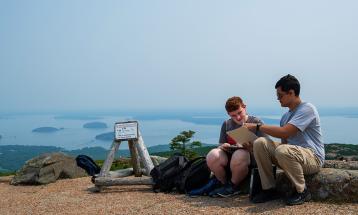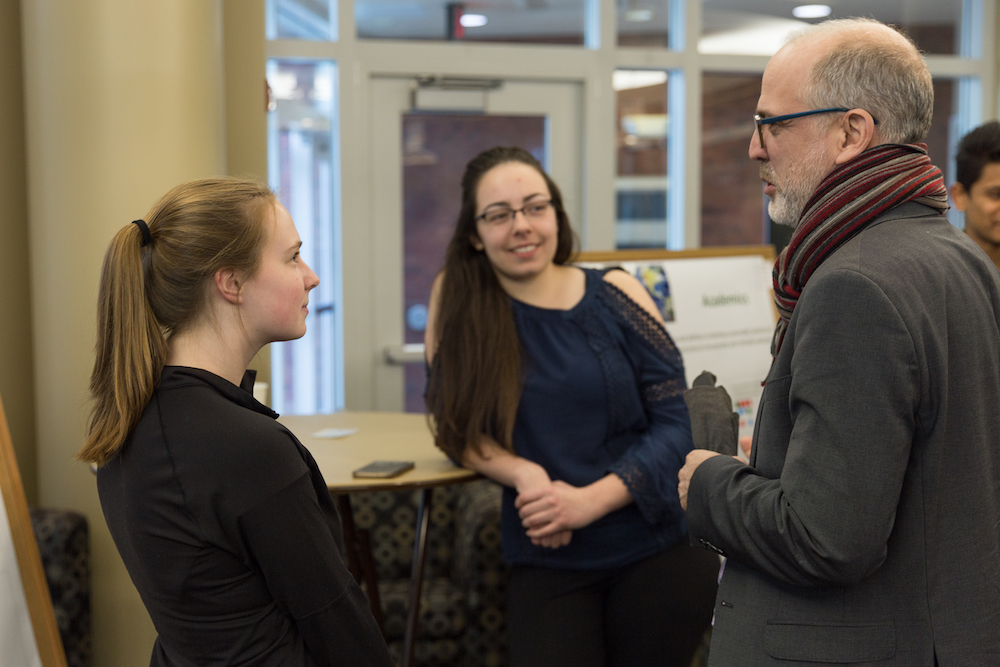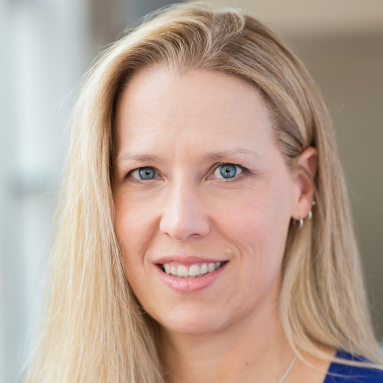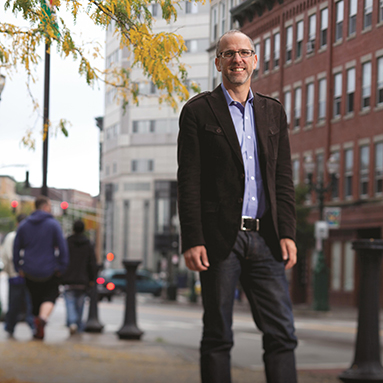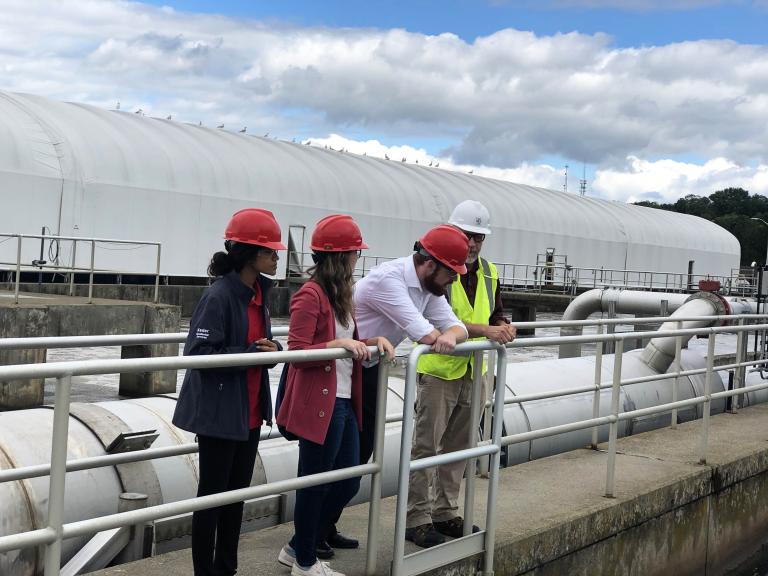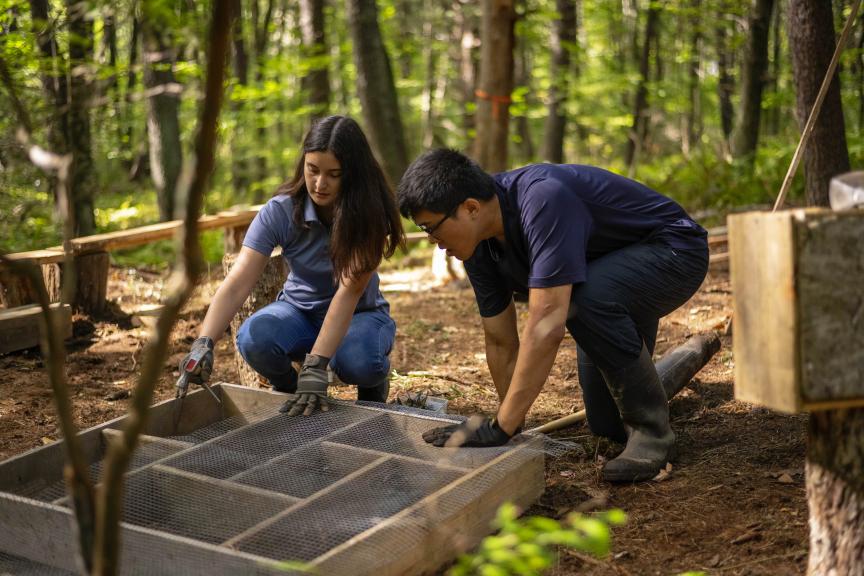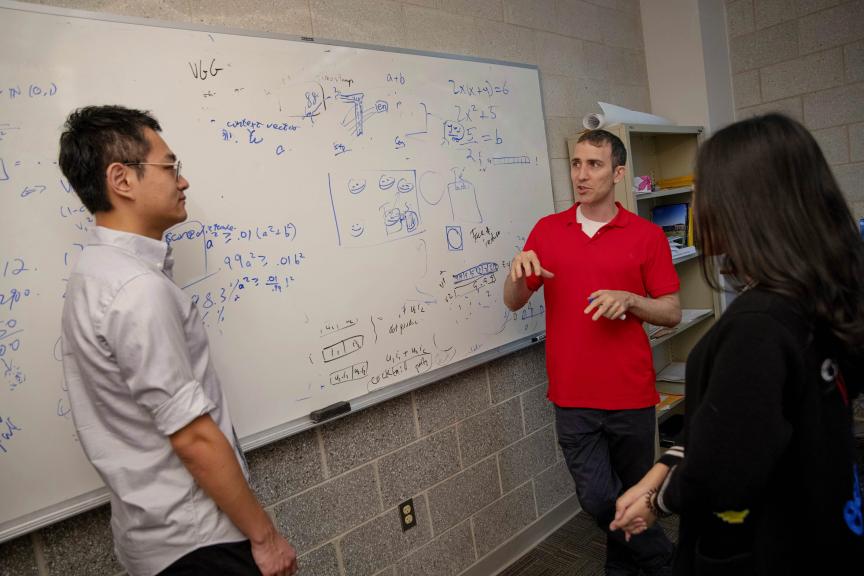In a world where significant challenges span countries and continents, there’s no place for manufactured borderlines—a philosophy at the core of WPI’s distinctive approach to education and embodied in how the university’s four schools work together. For their part, WPI Deans Jean King and Mimi Sheller at the helms, respectively, of the university’s School of Arts & Sciences and The Global School, recognize and actively leverage the synergy of their schools’ disciplines and expertise to prepare students in every area of study (including engineering and business) to make an impact on the major social, technological, ecological, and economic challenges of our times.
“When WPI was founded, it was based on building solutions, not just for Worcester, but for the world,” noted King, the Peterson Family Dean of Arts and Sciences. “In that respect, we’ve been global since day one, but like everything this university does, we keep innovating because we want to increase our impact. This means both personal impact for our students as well as the change we can help to create in the world. With The Global School, established in 2020, we are building upon WPI’s longstanding integration of STEM education with humanities, arts, social sciences, and business perspectives—and that elevates the experience for both students and faculty as they come together with partners, both local and global, to understand problems and to design solutions collaboratively.”
